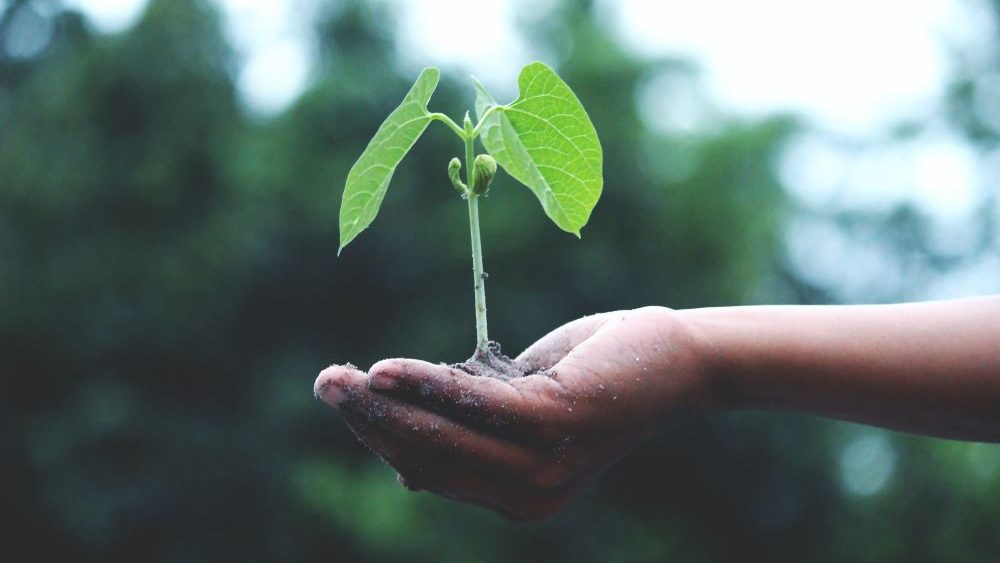By Mantoe Phakathi for GCRF-AFRICAP
Crop breeders should make use of climate information to develop seed varieties that will adapt to future environmental conditions in Southern Africa, researchers urge.
Research projections show that, three decades from now, the Southern Africa region will be warmer than before and farmers will not be able to get any yield from current crop varieties, unless these are made resilient to future climate shocks.
These are findings of a 2021 study by researchers from the University of Leeds who observed that, while climate projections show that the region will be warmer in 2050, there is a strong bias towards using historic or short-term data as opposed to future climate projections to inform breeding programmes.

According to Dr Steven Whitfield, an Associate Professor in Climate and Food Security at the University of Leeds, the study revealed that current warming in the region will reduce yields unless maize breeding and seed systems adapt. The study, entitled: Exploring Assumptions in Crop Breeding for Climate Resilience: Opportunities and Principles for Integrating Climate Model Projections, explored climate scenarios in Southern Africa over three decades.
The research was meant to establish ways in which medium- and long-term climate information could help build seed systems resilience in the region.
“We make a point that the initial conditions under which crop development occur are not the same as those under which they will be planted by farmers,” Whitfield observed.
Crop breeding processes – from initial conception to testing, improvement and marketing – take about 30 years, the same period that studies project increased warming in Southern Africa, he said.
“We didn’t find any concrete examples of how climate projections had influenced the choice of breeding materials in breeding programmes in the region,” said Whitfield. This means that the seed varieties produced are not resilient to future climate impacts.
Whitfield spoke at a recent webinar on Crop Breeding for Climate Resilience in Southern Africa: Opportunities and Principles for Integrating Climate Model Projections.
Watch the recording of Crop Breeding for Climate Resilience in Southern Africa on YouTube.
The webinar was hosted under GCRF-AFRICAP, a programme implemented by the Food Agriculture and Natural Resources Policy Analysis Network (FANRPAN) in collaboration with the University of Leeds. The four-year programme is implemented in four countries in the SADC region – Malawi, South Africa, Tanzania and Zambia – through the participation of local partners including governments.
GCRF-AFRICAP aims to create scientific evidence to help decision makers produce evidence-based policies in agriculture, natural resources and food systems.
To support the evidence produced by the study, co-researcher, Dr Sarah Chapman discussed the analysis of the study.
“When it comes to temperature, all the models agree that it will get warmer with climate change,” said Chapman, adding: “When we talk about rainfall, there are more disagreements among the models.”
Giving a practitioner’s view, Head of the Southern African Development Community (SADC) Plant Genetic Resources Centre (PGRC) based in Lusaka, Dr Justify Shava, noted that the abrupt adoption of hybrid seed varieties by farmers has reduced diversity in future breeding programmes.
Shava said, while hybrid seed varieties are high yielding, unlike their indigenous counterparts, they are not adaptable to the changing climate conditions in the region which are characterised by frequent droughts, floods and high temperatures.
“While hybrid seed varieties are producing higher yields and are genetically uniform, they’re vulnerable to the slightest shift of the environment,” Shava said.
The focus towards hybrids has also resulted in a change in food preferences in many countries, including those in Southern Africa. This has created a problem in breeding programmes in the region in that, as people were moving away from indigenous crop varieties, no one was preserving them for future use in supporting food and nutrition.
The PGRC is a partner in the GCRF-AFRICAP programme in building resilience in its breeding activities. It was established in 1989 by the SADC member states working with Nordic donor countries. It coordinates the sustainable use of plant genetic resources in the region, especially in the context of climate change.
